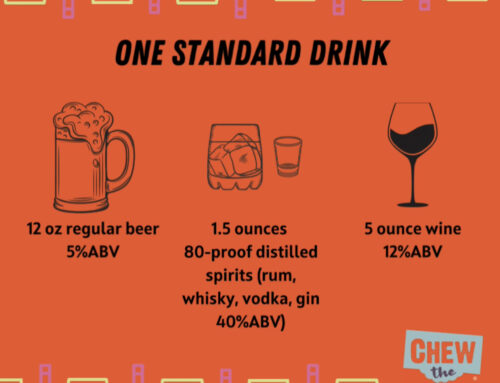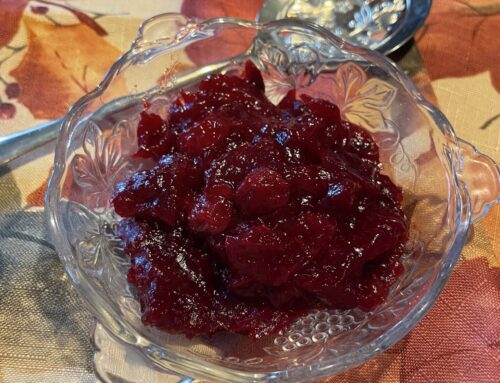I’m a nutrition consultant for various food and beverage companies, but my opinions are my own.

Answering questions about caloric sweeteners at the Sweetener Studies booth.
The 2013 annual conference of the Academy of Nutrition and Dietetics (FNCE©) was a huge success! There were so many insightful sessions and takeaways that I won’t be able to include them all here in one blog. Nonetheless, here are some highlights and hot topics:
- From dietitians to entrepreneurs. From Ellie Krieger to Elisa Zied, so many dietitians have become successful doing out-of-the-box things like writing, speaking, and media appearances. Several sessions, including Disruptive Success – From Traditional RD to Thriving Entrepreneur, highlighted how to transfer your skills as nutrition professional into viable and successful markets.
- Sustainable food. There were a few sessions highlighting the details of the farming and biotechnology industries, and the sustainability of our food supply. This is going to be a hot nutrition trend topic. As the world’s populations grows, it will be critical to provide nutrient-dense food for the health of our people, and also do so in a way that addresses the health of the planet.
- How consumers decide what to eat. Researcher Jim Painter and dietitian Liz Ward reviewed the many cues and behaviors that revolve around eating too much. How food is packaged and the size of your plate, can all impact the total amount of calories consumed at the end of the day. Attention to these behavioral aspects of eating is key to addressing the obesity crisis.
- Using your creative genius. I was unable to make this session due to a committee commitment, but this session created a buzz at FNCE©. Presented by artist Erik Wahl, with a key message that creativity is needed in every profession, including nutrition science, and you need to UNthink™ in order to harness your creative juices.
Evaluating Nutrition Research
Many sessions referenced the Academy’s Evidence Analysis Library (EAL) when reviewing the latest medical nutrition therapy and diet advice. I had the pleasure of chatting with Johanna Dwyer, Senior Scientists in the Department of Nutrition Epidemiology at Tufts University School of Medicine, after she presented her session titled – Communicating Shades of Grey: Getting the Science Story Straight. She says:
“Nutritional epidemiology has revolutionized food and nutrition science by allowing us to describe what humans are actually are eating. It lets us ask and sometimes answer questions about whether there are links between diet and health outcomes. However, epidemiological findings linking dietary factors to health outcomes are not absolutely clear, and are often conflicting, unlike the associations between smoking and lung cancer discovered years ago. Rather than black and white, many findings and reports on these studies are more like shades of gray, varying in their validity.”
Once compelling slide included in her session showed data from Ron Jackson that explained that when we evaluate research and deliver message to the public, we must equally consider the following:
- Common sense
- Epidemiology
- Cultural/personal preferences
- Evidence
I asked Dr. Dwyer what she thought about the recent nutrition research on sugars and obesity and health, and she simply replied, “It’s the calories”. She also pointed out that it’s always important to consider the amount of food or substance that’s used in nutrition research that gets the intended result. In both cases of foods that promote desirable or undesirable consequences, the amounts are much larger than what can typically be eaten. Findings from most nutrition studies are simply not black and white. She stressed during her presentation that it’s important to ask common sense questions such as “How were diet and activity measured?” She encouraged dietitians to be skeptical, but not cynical, when drawing conclusions, and consider the totality of the evidence, not one single study.
On a similar topic of nutrition research, Mark Kern, PhD, RD, CSSD, and Neva Cochran, MS, RD, LD, presented on, “Deconstructing Studies: How to Evaluate the Strength of the Science.” Dr. Kern talked through simple steps to take when evaluating scientific nutritional studies and the best way to translate this information to your clients. You can see the slides below.




